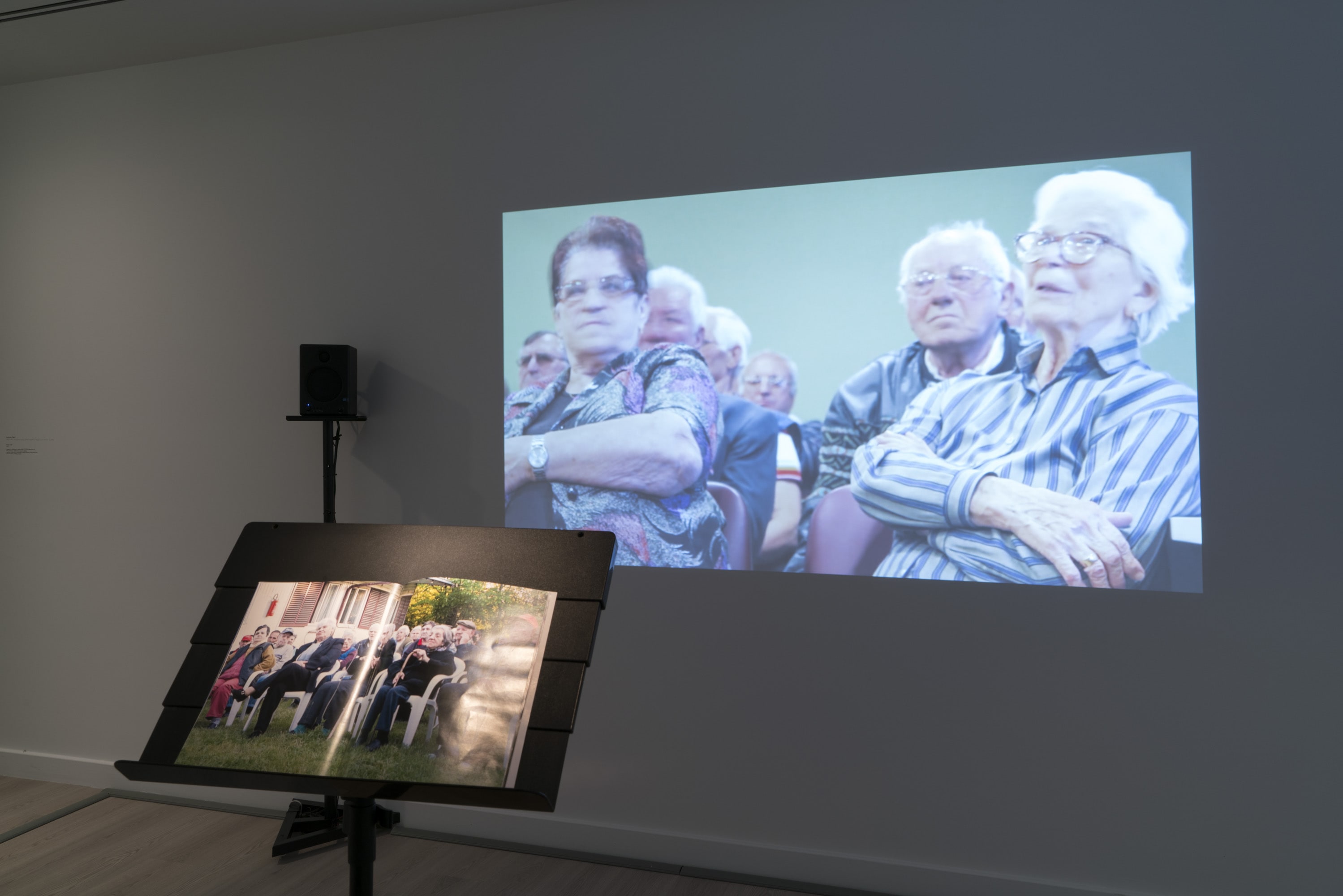Director: Youssef Chahine
Cast: Ahmed Zaki, Naglaa Fathy, Farid Shawqi
Egypt, Algeria, 127’, 1978, color
Arabic with Turkish subtitles
Winner of the Silver Bear Award at the Berlin Film Festival, this acclaimed first instalment in Chahine’s groundbreaking Alexandria Trilogy takes place in 1942, as British and Arab forces fight together against German troops advancing toward Alexandria. Yehia, here representing the young Youssef Chahine, is obsessed with Hollywood musicals and dreams of studying acting in the USA; a beautiful Jewish socialite must decide between fleeing the advancing Germans with her father or staying with her Egyptian lover, who is secretly working with the Germans; a wealthy Egyptian aristocrat murders occupying troops one by one until he meets a young British soldier with whom he develops a special bond. Chahine masterfully weaves these interrelated storylines together to create a magnificent historical and autobiographical tapestry.
Silver Bear & Special Jury Prize, Berlin International Film Festival

Our Cold Front from the Balkans exhibition focuses on different generations of artists and art groups from the Balkan region. Throughout the exhibition, we keep sharing detailed information about the artworks. Take a look at Mark Požlep’s “Stranger than Paradise” video installation. Also you can check our interview with the artist on our YouTube channel!
Tuesday - Saturday 10:00 - 19:00
Friday 10:00 - 22:00
Sunday 12:00 - 18:00
The museum is closed on Mondays.
On Wednesdays, the students can
visit the museum free of admission.
Full ticket: 300 TL
Discounted: 150 TL
Groups: 200 TL (minimum 10 people)